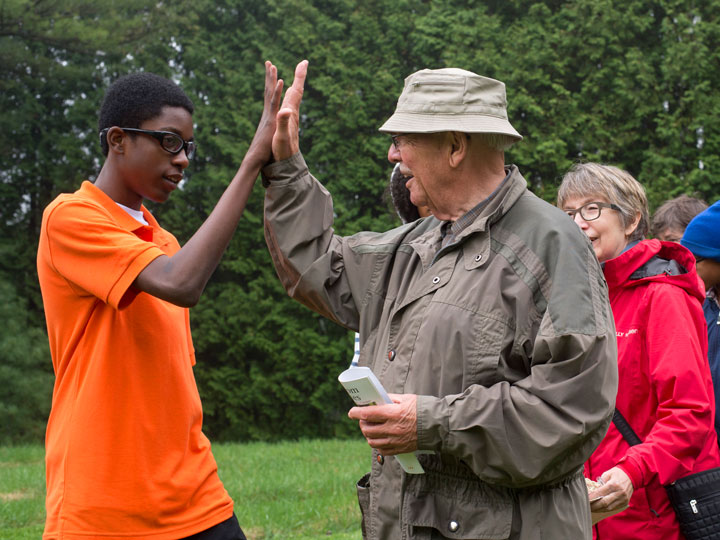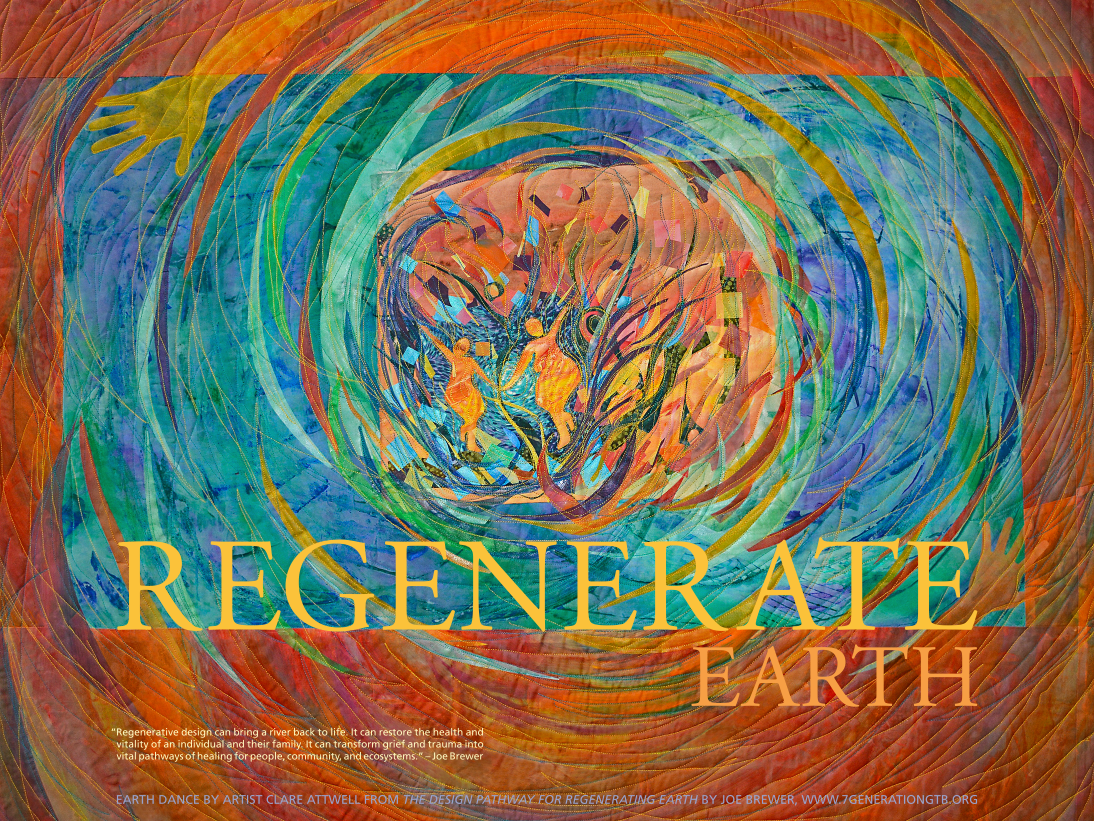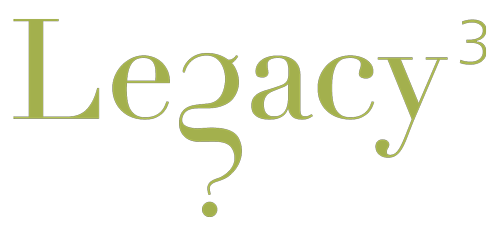
We can regenerate the Earth, learning new ways of being and doing.
7-Generation GTB is bringing
generations together to learn from and with each other in the real-world context of the community, and take collective action on regenerative legacy projects.
Schools across the GTB (Greater Tkaronto Bioregion) can get all the benefits of the School Community Network, which is part of the GTB Bioregional Learning Center.
Intergenerational teams in each school consist of a student EcoLeader, an enthusiastic teacher (and often supportive parents), and an Elder-in-Residence. These teams ripple out engagement through the school and into the surrounding neighbourhood.
This school community network draws on the ethos of The Intergenerational School (TIS), a public charter school in Cleveland, OH. It was co-founded by Dr. Peter Whitehouse, who is part of the Group of Seven advisors for the
7-Generation GTB is about PEOPLE of all ages (re)learning together how to live in our PLACE on the Earth. #ChangeTheStory.
It's about social regeneration (bringing together generations in community for mutual learning and collective action) and ecological regeneration (building community and regenerative practices across our local bioregion).
#CHANGETHESTORY
Our world faces complex challenges and an uncertain future. We are in ecological and cultural overshoot. Scientific research shows how we're exceeding the Planetary Boundaries. We must #ChangeTheStory of how we live on the Earth.
Dr. Dan Longboat founded the Indigenous Environmental Institute at Trent University. He explains, "We can either choose the continuation of life, or we can continue to destroy life. The choice is ours." Indigenous Faithkeeper Oren Lyons was involved in the creation of the UN Declaration on the Rights of Indigenous Peoples. He has said our challenge can be summed up in four words: value change for survival.
 As we work to #ChangeTheStory, there is insight and power to be found in connecting generations. Intergenerational connections are the seed from which everything grows, as regeneration work takes root in the land.
In some Indigenous cultures there's an understanding that, if you want to get something done, you bring together a "fired-up youth with a feisty granny." Generations working together can become a kind of "super organism" to regenerate our planet.
As we work to #ChangeTheStory, there is insight and power to be found in connecting generations. Intergenerational connections are the seed from which everything grows, as regeneration work takes root in the land.
In some Indigenous cultures there's an understanding that, if you want to get something done, you bring together a "fired-up youth with a feisty granny." Generations working together can become a kind of "super organism" to regenerate our planet.

Regenerating the Earth includes understanding what's real. We divide up the world with artificial boundaries of cities and countries. But the Rouge River, for example, doesn't care if half is in Markham and the other half is in Toronto. It is an ecological whole.

We live in the GTB. The GTB is our real home on the planet – defined by geology, ecology, and culture (including Indigenous history).
Drawing on earth systems science, the bioregion – not your neighbourhood or even your city – is the smallest scale where we need to take action that will make a difference. If we work on regeneration across the whole of our bioregion, and connect with other bioregions, we can affect planetary processes and have meaningful long-term impact. The bioregion is the difference that makes a difference. Think bioregionally!
RESOURCES
The video above features a presentation by global regeneration leader Joe Brewer that's a great introduction to what learning needs to be in a changing and uncertain world. You can also listen to grade 12 student Ethan Bonerath interview Joe Brewer.

Says Brewer, who wrote The Design Pathway for Regenerating Earth and co-founded the Design School for Regenerating Earth, "When we talk about regenerative design, it is the intentional application of knowledge and tools to create possibilities by making use of the regeneration that is inherent in all living systems. Regenerative design is collaborative and co-creative. It is a dance with life. More deeply still, it is a dance of life."
7-Generation GTB is guided by the principles of the Earth Charter while being grounded in our specific place on the Earth, our bioregion.
The prefix bio comes from the Greek, meaning "life." Environmental writer Peter Berg described a bioregion as your "life place" – the place in which you live your life and which gives you life. A bioregion recognizes people in place, with each influencing the other.
To find out more about our bioregion, the GTB, check out the simple explainer, What's It All About? And the video What is a Bioregion? gives a good overview and explains why bioregions are important.

To find out more about 7-Generation GTB, you can also take a look at other videos. In Building a
OPPORTUNITIES
The 7-Generation GTB School Community Network offers opportunities for adults in the community and schools/students across the GTB to get involved in a meaningful way. There's no cost to participate.

Student EcoLeaders, teachers, parents, and older adults in the community can get to know each other, and visit various sites across the GTB – like regenerative farms, parks, and museums. For example, one event took place at the McMichael Gallery. Everyone also participated in the
The general process we follow through the school year (there are also summer events) is Liminal Learning, with an intergenerational emphasis on young and old learning from and with each other. Liminal = in-between, transitioning; to be on the edge of something new. This speaks to generations right now in different ways, with many young people feeling like their dreams for their future are broken and many older adults feeling like the legacy they hoped to leave is broken. It also speaks to the idea of #ChangeTheStory – your own story in an uncertain world.
Living well requires a shift in our relationship with the unknown. It's a shift from worry and alienation to wonder and collective experimentation.
 The Liminal Learning process moves through
Landing (arriving in the process, and literally connecting with each other and the land); Sensing (how do we make sense?); Knowing (what's our story and how do we know?), Realizing (a life worth living), and finally Launching (into a new way of being, community Legacy Projects, and
stewarding the life place around us).
The Liminal Learning process moves through
Landing (arriving in the process, and literally connecting with each other and the land); Sensing (how do we make sense?); Knowing (what's our story and how do we know?), Realizing (a life worth living), and finally Launching (into a new way of being, community Legacy Projects, and
stewarding the life place around us).
Check out upcoming events. You can also create your own events, like a Grandparents/Intergenerational Day, and there are many activity ideas, including the Listen to a Life Contest.
This is a once-in-a-generation learning and stewardship opportunity. Let's #ChangeTheStory!
Students can earn scholarships, and Elders-in-Residence receive a stipend. Questions?
E-mail Brian Puppa, Executive Director at the Legacy Project.

